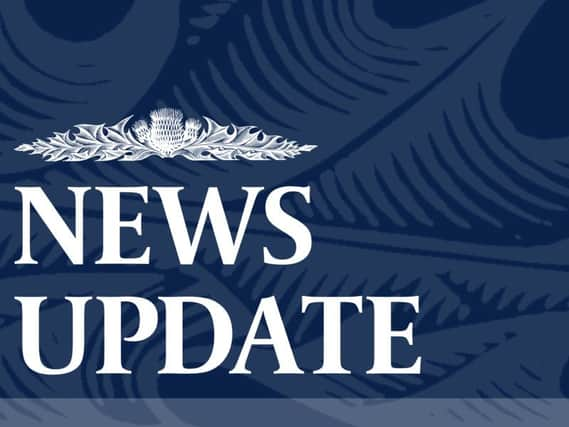Inflation falls to zero for the first time since 1960


The Consumer Price Index (CPI) measure of inflation dropped after recording 0.3 per cent in January, according to the Office for National Statistics.
It was a sharper than expected fall and sets a new record low for CPI since comparable records began in 1989.
Advertisement
Hide AdAdvertisement
Hide AdInflation is expected to dip further in coming months. An experimental model created by the ONS suggests the last time it was negative was in March 1960, at minus 0.6 per cent.
The surprise scale of February’s fall is likely to push back the expected timing of an interest rates hike, currently pencilled in for 2016, putting downward pressure on the pound.
Rates have been held at 0.5 per cent for six years but Bank of England chief economist Andy Haldane has said that in the light of low inflation the next move was as likely to be a cut as a hike.
Low inflation benefits consumers because it means their wages go further, but policy makers fear a prolonged period of negative CPI could have damaging effects.
That is because it is feared that deflation would cause consumers to delay spending and firms to put back investment.
At the same time, debt repayments such as mortgages would become more expensive in real terms.
This would threaten what Bank of England governor Mark Carney has described as a “clear and present danger” for the UK’s indebted households and businesses.
The Bank must to try to return CPI towards two per cent and Mr Carney was obliged to write a letter of explanation to Chancellor George Osborne earlier this year when it fell more than one per cent off this target.